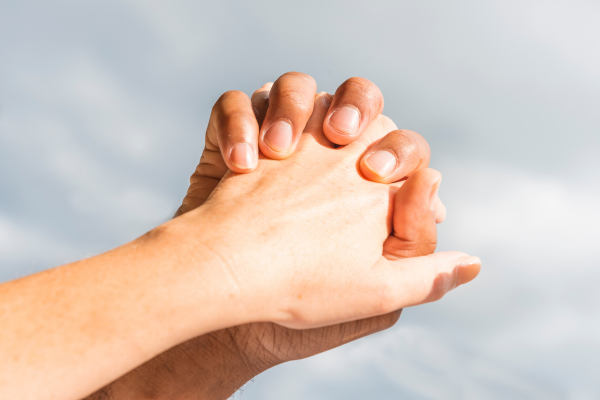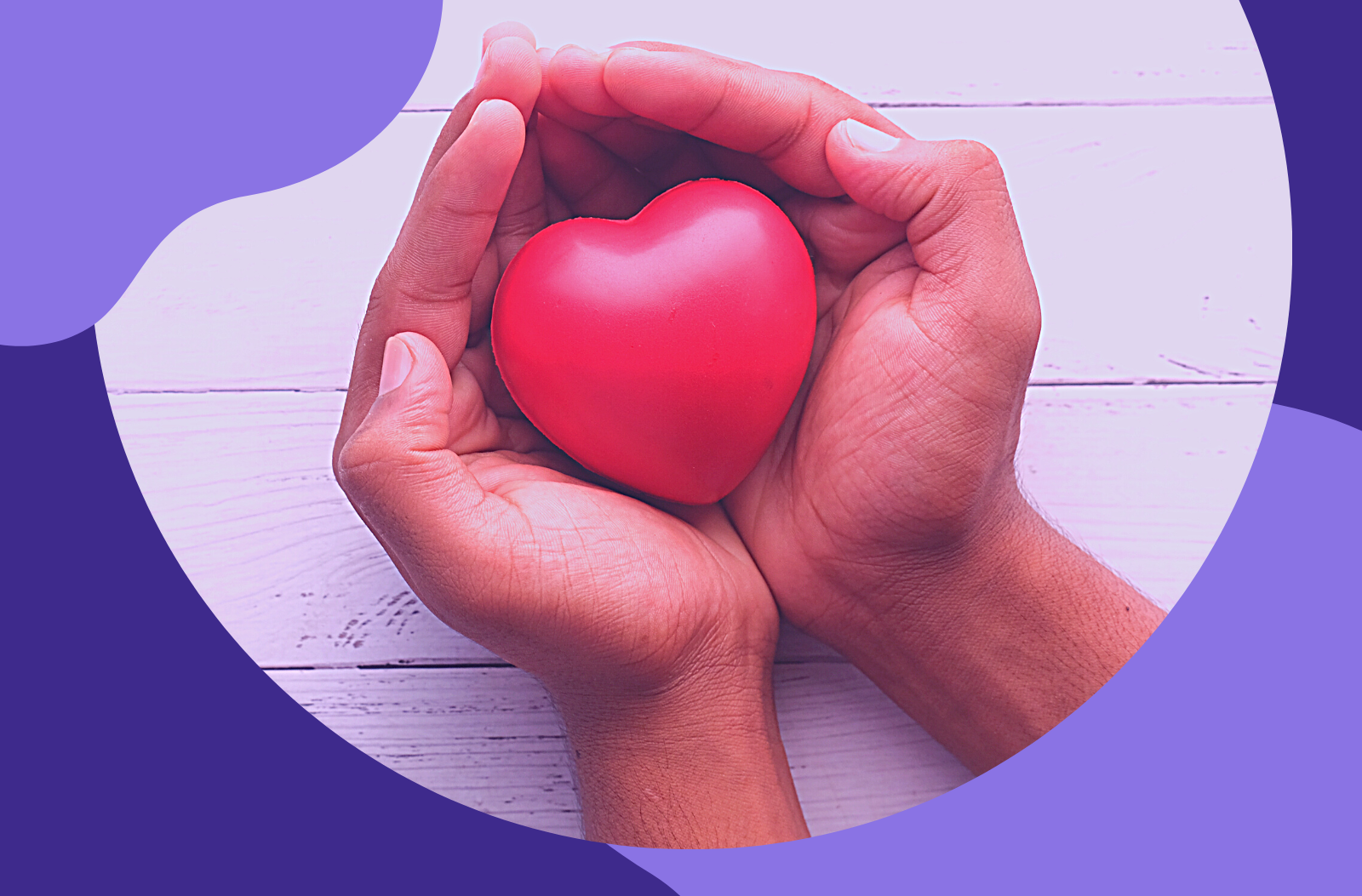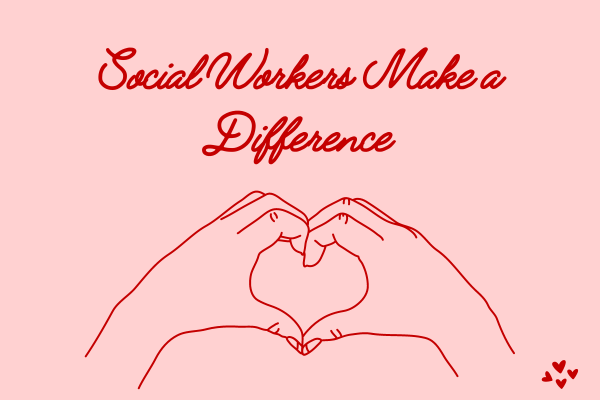by Jordan Roller (The Retreat College Student Intern)

Whether it’s taking a few seconds to craft the perfect caption or select the best photos, we actively think about what we post before pressing ‘send.’ Do I look good in this picture? Would this make anyone upset? Is this something that I’m okay with being out in the world?
It’s also common to consider how a post might threaten one’s privacy. Many people I know tend to avoid posting on social media, and instead use their accounts to follow others and send messages. Even if a post doesn’t contain sensitive information such as addresses, phone numbers, or license plates, posts can still put personal information onto the internet. For example, images with location tags or clear landmarks can communicate where you go to school or what places you often visit. Because of this, refraining from posting anything containing personal information can be a smart option.
Taking precautions can allow users to post on social media while being relatively safe. There are three important measures to consider in order to protect one’s privacy and the privacy of others online:
Know Your Audience
Most social media sites include an option to make your profile private so that only your friends and followers can see your posts. This is a smart option for anyone who posts online because it prevents strangers from accessing your personal information. However, simply switching the toggle to private isn’t enough. It’s important that you remain vigilant regarding who you allow to be your friend on social media. Accepting friend requests from people you don’t know can be dangerous and essentially negate the account’s privacy setting. In addition, just because you know who someone is doesn’t necessarily mean that you should include them among your online audience. When in doubt, consider this rule of thumb: if you don’t regularly interact with someone in person, you probably don’t need to be friends with them on social media. Limiting the circle of people who can view your accounts is an effective way to be safer online.
Hide Your Location
One of the dangers of social media is that it’s easy to unintentionally broadcast your location, which can lead to stalking and other unwanted behaviors. One way to avoid this is to change your phone’s settings so that apps like Instagram and Snapchat can’t access your location* and to avoid referencing the names of locations in your posts. It’s also a good idea to avoid posting photos with obvious landmarks that could give away where you are. This can be tricky, as most people who live in the same area can easily recognize public spaces from a photo’s background. A safer option can be to simply wait until you have left that location to post photos. I have several friends who wait until they are back home to post photos from an event. This ensures that their social media is still up to date, but they aren’t broadcasting their location online in real-time. It is important to note that no matter what privacy settings are in place on your accounts, there can be ways to work around them. If you’re concerned that someone may use the information in your post to harm you, it’s best to simply avoid posting.
Ask Others for Permission
Just because one person is comfortable with having their photo on social media does not mean that their friends will feel the same way. Some people prefer to keep a low profile online, or they may be okay with being tagged in a photo from one event but not from another. I’ve often been that friend, and I usually have to take the initiative to request that my friends avoid tagging me or posting a certain photo. It’s crucial to ask for permission before posting photos online that include other people. Even if they aren’t tagged in the photo, there’s always the possibility that someone they know may see the photo and recognize them. A few years ago, one of my friends went to a party wearing a revealing outfit, and several people posted photos of them without their consent. Their parents, who followed some of these friends, then saw the photos, which ignited a lot of conflict at home. You never know what someone else’s situation is, and it’s important to ask before sharing any information about them online. Obtaining permission is a quick, easy way to protect your friends and show them that you respect their privacy and their decisions regarding social media.
*To change which apps can access your location on an iOS device, go to Settings -> Privacy -> Location -> Location Services. For Android OS, go to Settings -> App Permissions
Learn more at allagainstabuse.org, follow @allagainstabuse or call The Retreat’s 24-Hour hotline at (631)329-2200.
The Retreat’s 24-hour multilingual hotline, 329-329-2200 is available to anyone who needs assistance. Please visit our Get Help page for information on all of our free and confidential services.


